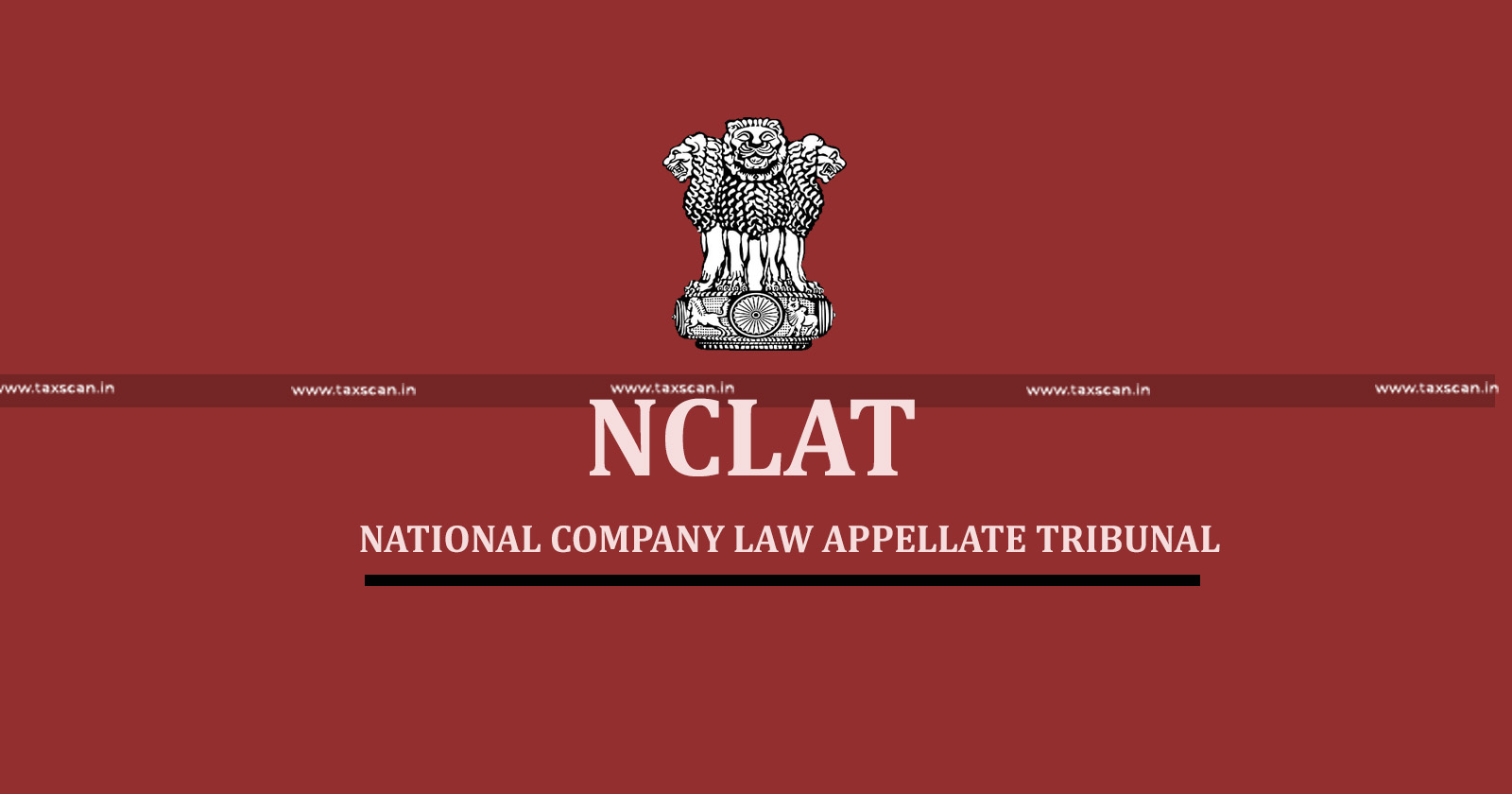Definition of Financial Debt u/s 5(8) of IBC do not provide disbursal to be made to CD: NCLAT [Read Order]
Definition of Financial Debt u/s 5(8) of IBC do not Provide Disbursal to be Made to CD, rules NCLAT

Financial Debt – NCLAT – Definition of Financial Debt – IBC – TAXSCAN
Financial Debt – NCLAT – Definition of Financial Debt – IBC – TAXSCAN
The National Company Law Appellate Tribunal ( NCLAT ) observed that the definition of financial debt under Section 5(8) of the Insolvency and Bankruptcy Code, 2016 ( IBC ) do not provide disbursal to be made to the Corporate Debtor ( CD ).
The present Appeal has been filed under Section 61 of the Insolvency & Bankruptcy Code, 2016 (in short ‘Code’). Aggrieved by the Impugned Order passed by the National Company Law Tribunal, New Delhi (‘Adjudicating Authority’) where the Adjudicating Authority accepted the application of the Respondent No. 1 i.e., M/s Uno Minda Limited ( M/s Minda Industries Limited ) filed under Section 7 of the Code and Corporate Insolvency Resolution Process ( ‘CIRP’ ) was initiated against the Corporate Debtor.
It is the case of the Appellant that the Corporate Debtors was incorporated on 23.08.2012 and is engaged in the business of manufacturing aluminium die casts, whereas the Respondent No. 1 is engaged in the business of supplying automotive solutions to original equipment manufacturers ( ‘OEM’ ).
The Appellant referred to definition of financial debt under Section 5(8) of the IBC and stated that since the present case do not fall strictly in the ambit of such definition the same cannot be considered as financial debt.
The Appellant conceded that there was a debt but argued that it was more in nature of operational debt rather than a financial debt as no financial assistance has been provided by the Respondent No. 1 to the Corporate Debtor and the Respondent No. 1 only made payments to the suppliers of the Corporate Debtor procuring raw material on behalf of the Corporate Debtor which cannot be considered as financial debt.
Per contra, the Respondent No. 1 denied all the averments of the Appellant treating these as mischievous, misleading and without any substance; with the sole purpose to derail the resolution process of the Corporate Debtor.
A Two-Member Bench comprising Justice Rakesh Kumar Jain, Member ( Judicial ) and Justice Rakesh Kumar Jain, Member ( Judicial ) observed that “It becomes clear that the financial debt means debt along with interest, if any, which is disbursed. From this, it emerges that interest is not sine-qua non, therefore, interest may or may not be payable by the Corporate Debtor and it is understanding between the parties which is significant and relevant to ascertain the existence of time value of money which can be in several forms, other than pure payment of interest.”
“Hence, it can be implied that any disbursal made on behalf of the Corporate Debtor or at the instructions of the Corporate Debtor may also tantamount to disbursal made to the Corporate Debtor. We note that it is the Corporate Debtor who was beneficiary of such disbursal. In the present case undisputedly, the Corporate Debtor used to procure raw material from vendors for which payments were made by the Respondent No. 1, at the instructions of the Corporate Debtor and therefore it assume the character of financial debt” the Bench noted.
To Read the full text of the Order CLICK HERE
Support our journalism by subscribing to Taxscan premium. Follow us on Telegram for quick updates


